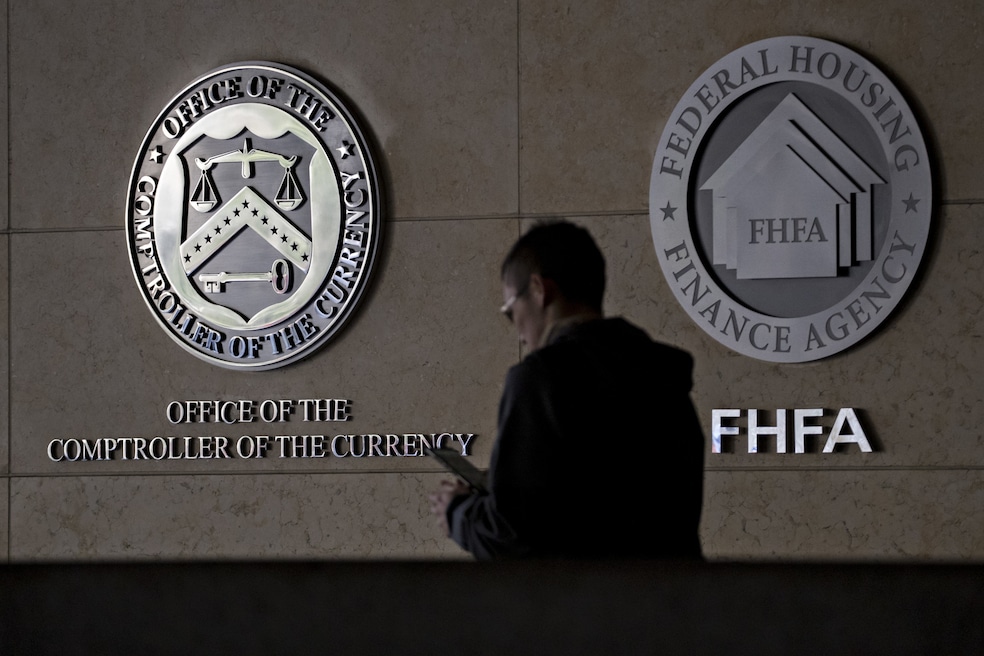Federal Housing Finance Agency Director Bill Pulte last week directed mortgage finance giants Fannie Mae and Freddie Mac to consider cryptocurrency as a financial asset in mortgage applications, a move greeted favorably by several industry groups.
Pulte made the announcement via his X social media account on June 25.
The FHFA has overseen both organizations since the Great Recession. The companies were placed in conservatorship after the 2008 housing and subprime loan crisis. Freddie Mac, more formally known as the Federal Home Loan Mortgage Corp., and Fannie Mae, the Federal National Mortgage Association, buy mortgages from banks, bundle them and sell them to investors typically as securities. This provides funding that allows lenders to issue more loans.
The rules they set to determine what loans they will buy from banks tend to be adopted by many financial institutions that wish to move loans off their books.
"FHFA is pushing Fannie and Freddie to recognize the world of payments is changing and that the dollar is not the only game in town," said Campbell Harvey, a finance professor at Duke University's Fuqua School of Business.
A spokesperson for the Mortgage Bankers Association agreed, telling Homes.com that the group "welcomes what should be a collective industry effort to modernize the mortgage underwriting process. Crypto as a reserve asset is one option, and there are many other impactful approaches to rethinking the underwriting of mortgage risk that should be included in the effort."
Pulte's move comes as a growing number of families invest in cryptocurrencies and other digital fare, representing a portion of their wealth that often is not recognized as an asset to back a real estate loan.
The decision "places us as a leader and first mover in involving cryptocurrency more in our overall financial system," added Ken Johnson, who teaches about real estate at the University of Mississippi.
Now, work begins to figure out how digital assets should be recognized, many said.
"The rules of the road still have to be written," said Ron Haynie, senior vice president of housing finance policy at the Independent Community Bankers of America, a trade group serving small banks. "It’s an announcement, but there’s a lot that has to come. Over the next weeks and months, I'm sure all of that will be revealed on how this is going to work. This is just the very beginning of the story."
Counting cryptocurrencies can be tricky, given that their values can often fluctuate widely and their utility is largely untested in mainstream transactions.
Haynie predicts financial institutions might try to protect themselves by recognizing some, but not all, of the value of a digital asset.
Duke University's Harvey said this is called a collateralization ratio, allowing financial institutions to recognize a certain portion of a value depending on the volatility of an asset.
A gradual leaning into cryptocurrency would allow for more financial transparency, agreed Johnson, the Mississippi professor, and give lenders more confidence in how it would be applied to the housing market.

